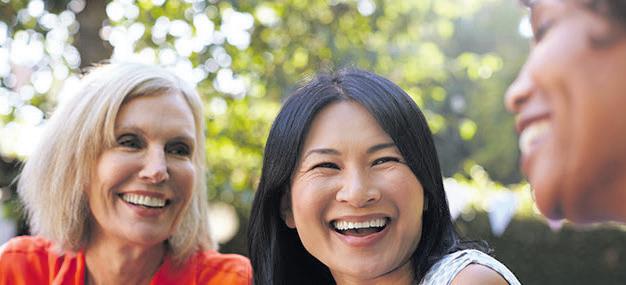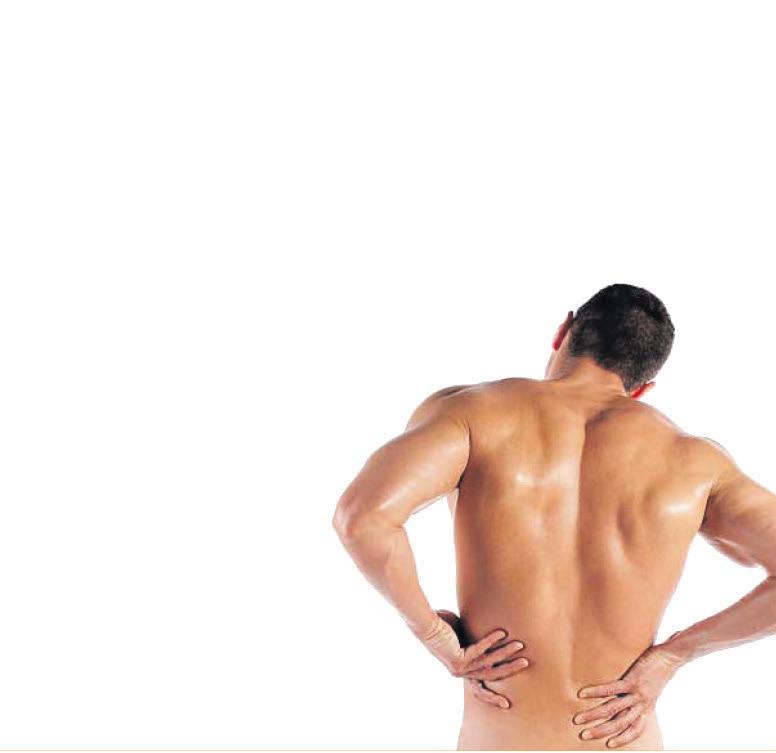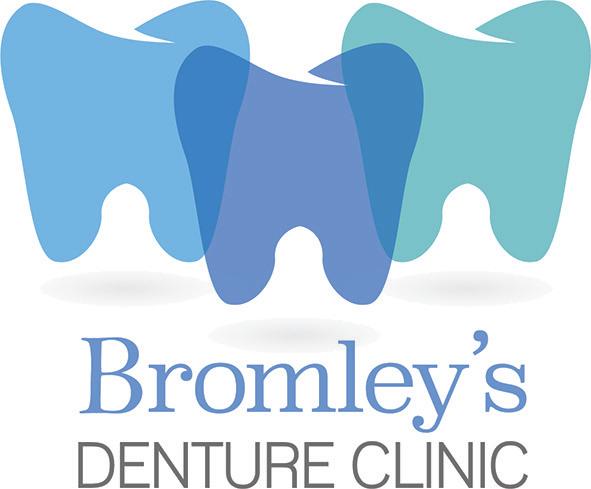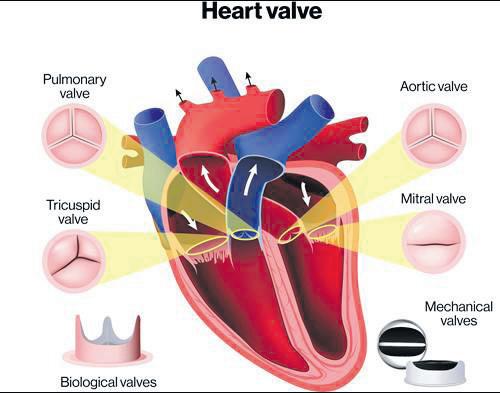
3 minute read
Women’s health sessions help bridge the divide for multicultural communities
Northern NSW Local Health District (NNSWLHD) is helping women from multicultural backgrounds fnd out about and access local health services, thanks to a series of specially tailored information sessions.
In partnership with TAFE NSW, recently arrived women and those from refugee backgrounds are provided with information sessions which cover important health screening advice in a safe and inclusive environment.
Jane Newman, Clinical Nurse Consultant, said the sessions are delivered by experienced women’s health nurses, in plain English, with the help of TAFE NSW English language teachers and include information on where to fnd health services, how to make appointments, and the range of services on offer.
“We know women from culturally and linguistically diverse backgrounds can experience barriers when trying to access and engage with health services, and these sessions are a safe and culturally sensitive way to empower our community members,” Jane said.
“A signifcant part of this work is around building relationships between our health providers and community members, so that people know where to go or who to ask for help when they need it.
“Understanding the Australian health system can be complicated even for a long term resident, so it’s important for people to know that help is available, such as through health care interpreters, which can make accessing services easier.
“We have also started facilitating tours of local hospitals with groups, demystifying the health service and helping people to familiarise themselves with the hospital environment.”
To coincide with International Women’s Day, an upcoming series of health information sessions across the Northern Rivers will also provide women with access to free, self-collection cervical screening, as part of a collaboration with Cancer Institute NSW and Northern Rivers Women’s and Children’s Services (NORWACS). The new documentary “Conquering Cancer” will be available to view, as part of a global campaign to increase cervical screening for women.
“While Australia is leading the world in reducing cervical cancer, we want to ensure that information and screening opportunities are made available to women within local multicultural communities in a culturally safe and responsive way,” Jane said.

As well as providing information and answering questions about topics such as incontinence, menopause, contraception and pregnancy planning, Women’s Health Nurses can also assist women to make further appointments for other screening tests, or to access interpreters for healthcare appointments.
The sessions will be held at TAFE NSW campuses in Kingscliff, Ballina, Lismore, Yamba and Grafton.
Session details:
• TAFE NSW Lismore (SCU):
Friday 1 March at 11:30 am
• TAFE NSW Grafton: Monday
4 March at 10:00 am
• TAFE NSW Ballina: Tuesday 5 March at 1:00 pm
• TAFE NSW Kingscliff:
Tuesday 5 March at 11:30 am
• TAFE NSW Yamba:
Wednesday 6 March at 10:00 am
For more information, please contact NNSWLHD Multicultural Strategies Project Offcer, Rita Youssef-Price Rita.YoussefPrice@ health.nsw.gov.au
For information about women’s health services in your local area, visit the NNSWLHD website.

Are you susceptible to heart valve disease?
Heart Valve Disease (HVD) Awareness Week fnished on March the 3rd, but it is something that we should always continue to be aware of. Shedding light on a condition often overlooked yet posing signifcant health risks. Here’s what you need to know:
• Scope: Described as the “next cardiac epidemic,” HVD affects 250,000 Australians, yet awareness remains low. A national survey sponsored by hearts4heart revealed that 28% of Australians, approximately 5.6 breath, fatigue, chest pain, and leg swelling, hampering effective blood pumping. o Untreated HVD can lead to heart failure, strokes, and irregular heartbeats.
• Risk Factors: While HVD can affect people of all ages, certain factors increase the risk: o Age over 65, family history of HVD, pre-existing heart conditions, high blood pressure, previous open heart surgery, smoking, and certain infections.
• Symptoms: Recognizable symptoms include million people, are unfamiliar with HVD and its implications.

Objectives: HVD Awareness Week aims to: o Enhance recognition of HVD risks and symptoms. o Encourage individuals at risk, especially those aged 65 and older or experiencing symptoms, to consult their GP for heart check-ups. o Promote early detection and treatment to save lives. What is HVD? o HVD is a condition where heart valves, responsible for blood fow regulation, malfunction. o Symptoms include shortness of shortness of breath, fatigue, palpitations, chest pain, swelling, coughing, wheezing, dizziness, fainting, heart murmur, and unexplained weight loss.
• Challenges: Symptoms are often mistaken as normal aging, resulting in delayed diagnosis and treatment. Some individuals may experience no symptoms at all.
• Action: If you’re over 65 or experiencing symptoms, consult your GP promptly for a heart check-up.
• Resources: Hearts4heart offers valuable resources and information at https:// hearts4heart.org.au/ events/.









